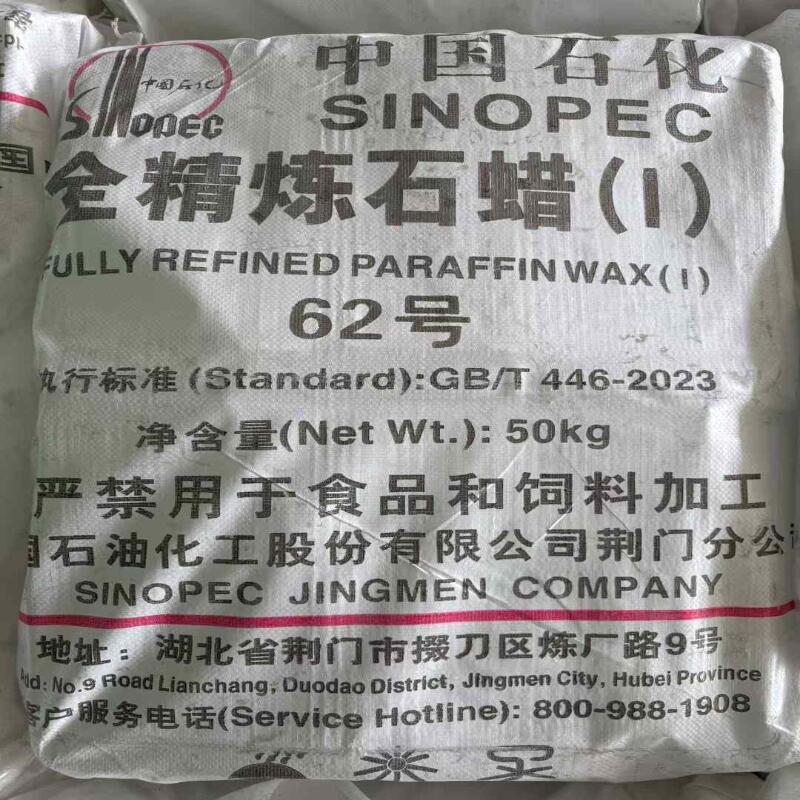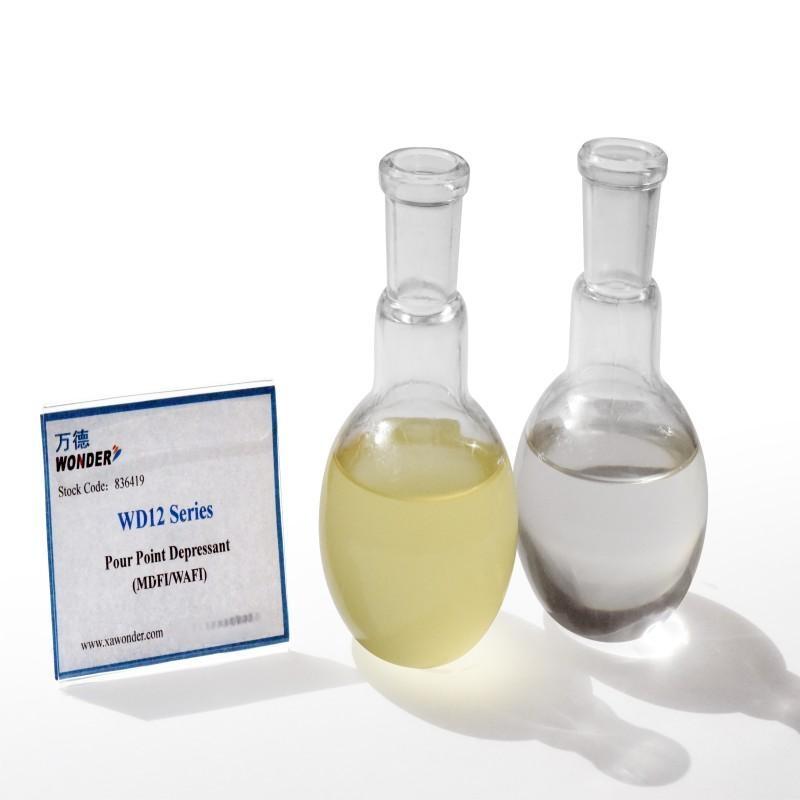-
Categories
-
Pharmaceutical Intermediates
-
Active Pharmaceutical Ingredients
-
Food Additives
- Industrial Coatings
- Agrochemicals
- Dyes and Pigments
- Surfactant
- Flavors and Fragrances
- Chemical Reagents
- Catalyst and Auxiliary
- Natural Products
- Inorganic Chemistry
-
Organic Chemistry
-
Biochemical Engineering
- Analytical Chemistry
-
Cosmetic Ingredient
- Water Treatment Chemical
-
Pharmaceutical Intermediates
Promotion
ECHEMI Mall
Wholesale
Weekly Price
Exhibition
News
-
Trade Service
Brent oil futures jumped 3.
9% on Aug.
23 to settle at $100.
22 a barrel, the highest settlement since
Aug.
2.
Oil prices rose
sharply on the OPEC+ production cuts considered by Saudi Arabia this week that may not be implemented right away if Iran reaches a nuclear deal with the West, and if Iran reaches a nuclear deal with the West, the cuts could coincide with the return of Iranian oil to the market.
U.
S.
oil futures rose 3.
7% on Tuesday (Aug.
23) to settle at $93.
74 per barrel, the highest settlement since Aug.
11
.
This comes after Saudi Arabia floated the idea of OPEC+ production cuts to support prices
amid the prospect of Iranian crude returning to the market and falling U.
S.
inventories.
Crude oil inventories fell by 5.
632 million barrels in the week ended August 19, the biggest decline since the week of February 25, 2022, gasoline inventories rose slightly by 268,000 barrels, and refined oil inventories increased by 1.
051 million barrels
, data released earlier by the American Petroleum Institute (API).
After the data was released, the two major crude oil indicators rose slightly
.
It may be premature to announce production cuts at the upcoming OPEC+ meeting on September 5, but they could be necessary
if the 2015 Iran nuclear deal could resume, leading to increased supply in the oil market, the sources said.
OPEC+ should be ready
for Iranian oil to return to the market after sanctions are lifted.
A senior U.
S.
official said this week that Iran had dropped some of its main demands for a resumption of the nuclear deal, greatly raising the chances of
an agreement.
The deal aims to limit Iran's nuclear program
.
If sanctions are lifted, Iran will need about a year and a half to boost oil production to 4 million b/d of capacity, up from 2.
6 million b/d
currently.
However, sources said Iran could start selling some of the previously stored oil
in less time.
As supply in the oil market increases, OPEC+ is expected to begin negotiations
on updating its partnership beyond 2022.
Iran is currently exempt from the OPEC+ production limit agreement and is likely to remain unconstrained
at the time of the initial production increase.
Sources said it was too early to tell whether the next OPEC+ meeting in September would cut or increase production, but if Iran's increased supply became a reality, it could be implemented at a later date
.
No figures have been discussed yet, but sentiment leans towards the need for a cut.
Politically, it is difficult
to lobby for production cuts now.
If Iranian oil returns, OPEC will need to assess the impact this has on
the market balance.
Amrita Sen, co-founder of Energy Aspects, said: "I firmly believe that 2020 will make OPEC more vigilant and forward-looking in the market - so on this basis, OPEC will manage the market
well if Iranian oil returns.
If Iranian oil returns, they are likely to come up with a new deal, set new production benchmarks, etc
.
Oil prices have fallen from a high of $120 a barrel to around
$95 in recent weeks amid fears of a recession in Western countries and a slowdown in China.
Bob Yawger, head of energy futures at Mizuho Bank, said the prospect of a recovery in Iranian crude supply and recession fears, as well as consecutive weekly inventory increases in U.
S.
crude storage centers, easing gasoline demand and the approach of refinery maintenance season, have driven oil prices lower in recent weeks and set the tone
for OPEC+.







